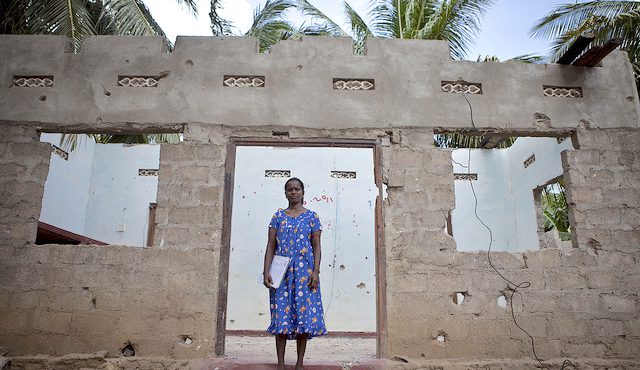
This week marks seven years since the end of the decades-long civil war in Sri Lanka in May 2009.
Following a change of President in January 2015, and the adoption by consensus of a historic United Nations Human Rights Council resolution in October 2015, Sri Lanka committed to a comprehensive transitional justice process to deal with its violent past.
However, despite some important advances, there are fears the Sri Lankan Government is wavering on its human rights commitments.
PIAC is contributing to the complex efforts underway in Sri Lanka to ensure this rare opportunity to achieve lasting peace is not lost, both through its expertise in the area of evidence collection and documentation management and by working with victims and witnesses outside Sri Lanka to ensure they can contribute to the transitional justice process.
In January 2016, the Sri Lankan Government appointed the Consultation Task Force on Reconciliation Measures to ascertain the views of all stakeholders, and particularly victims, on the processes and mechanisms for reconciliation in Sri Lanka.
When PIAC became aware that many victims now living in Australia were either not aware of the consultation process or were reluctant to make a submission to the Task Force themselves, we decided to facilitate a submission on their behalf.
PIAC conducted one-on-one interviews with 16 people directly affected by Sri Lanka’s civil war who currently live in five different capital cities in Australia.
Despite their distance, the many victims and witnesses who now reside beyond Sri Lanka’s shores in Australia and elsewhere have a critical stake in the country’s transitional justice process. Crucially, these members of the diaspora also have unique needs in order to facilitate their participation in the transitional justice process, including by giving evidence to a special court.
A number of common themes emerged in the interviews, including the need to uncover the truth of what happened in the war, the need for international participation in the special court and the need to address trust and safety concerns in order to facilitate diaspora participation in the transitional justice mechanisms.
Highlights from the submission are set out in PIAC’s recent article on ‘Diaspora Participation in the Transitional Justice Process’, published on Sri Lanka’s Groundviews website.
PIAC made a second submission to the Task Force, which explains how documentation of evidence is vital in Sri Lanka’s transitional justice process and the key role that civil society can play in the documentation process.